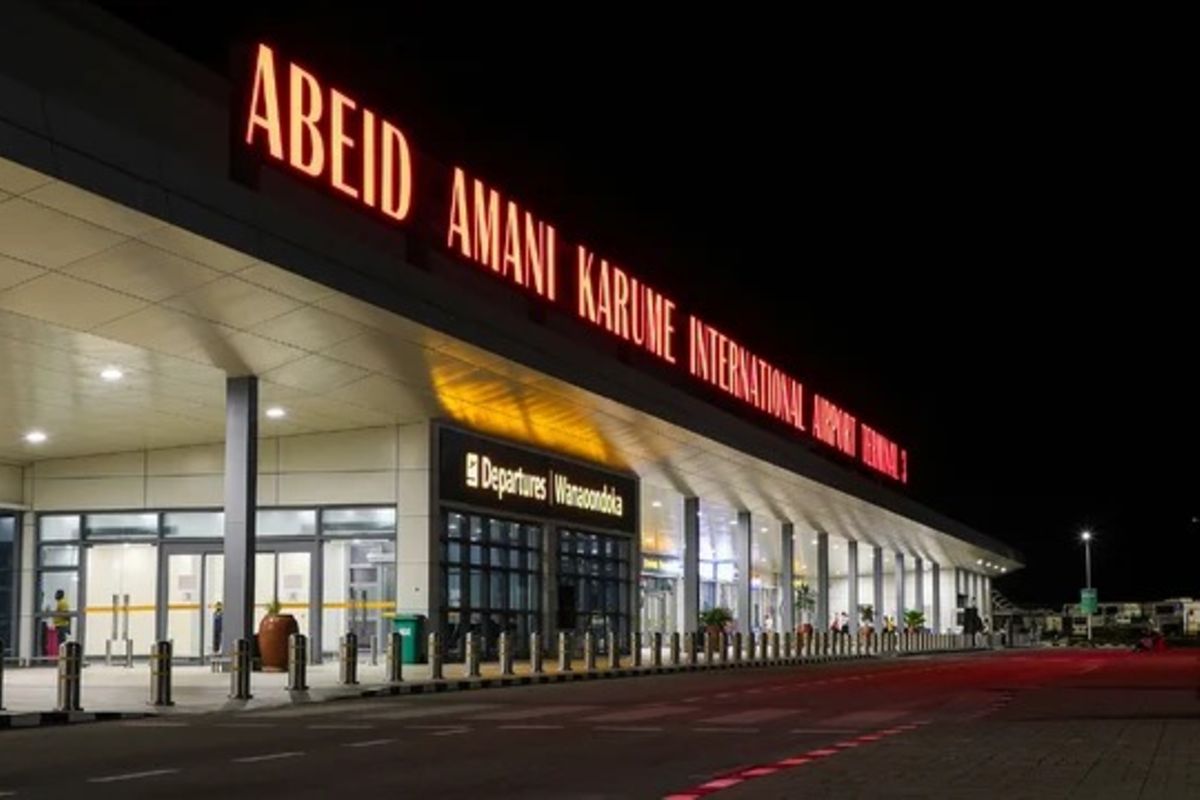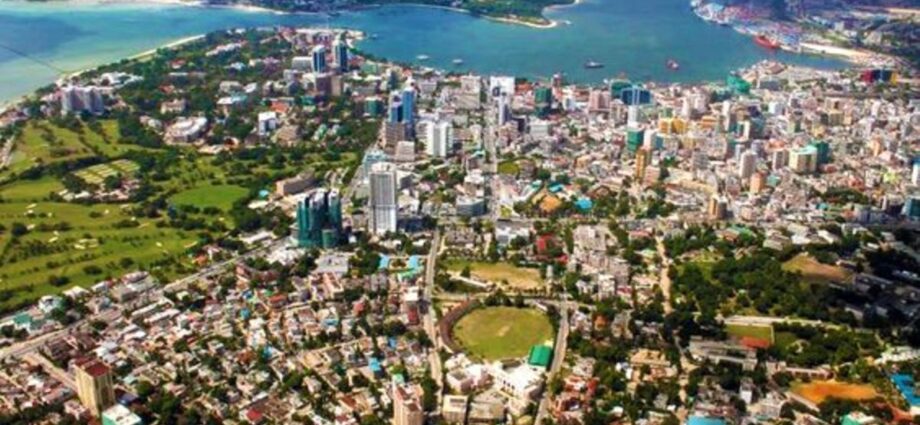Needless to say, Tanzania’s commercial capital and largest city, Dar es Salaam, has not been spared.
It has been the norm for several years now for unscrupulous Dar es Salaam residents to allocate themselves plots on land that is seemingly ownerless, but which, in fact, has its rightful owners, who, in most cases, emerge and produce the relevant documents as proof of ownership.
This has especially been taking place on the city’s outskirts, where land is still readily available.
It has been claimed that most of the land that has essentially been grabbed in Dar es Salaam and elsewhere in recent years was idle, and that this justifies its takeover by fraudsters and con artistes pretending to be poor, landless people.
Some of the land in question has been reclaimed by their rightful owners, but others have found themselves embroiled in protracted legal battles.
Since no decisive action has been taken to stem these unlawful acts, this will only serve to breed a culture of impunity whereby people have little or no respect for the rule of law.
While it is true that there are questions hanging over the dubious allocation of huge swathes of land to investors and other individuals in various parts of the country, allowing people to take over private or public land and carve it up among themselves sets a dangerous precedent.
In almost all cases, people who are the first to allocate themselves plots quickly sell them to others, mostly unsuspecting or ignorant buyers.
This is testimony to the fact that this is a fraud where swindlers have seen an opportunity to pull a fast one and make a quick buck.
It is time the relevant agencies stepped in and ended this madness, lest they are seen to be abetting criminal conspiracy and blatant disregard for the law.
Stop these fabricated stories
Reports of Tanzanians seeking asylum in Western countries are not entirely surprising. What is surprising is the extent to which some of them go to persuade the authorities in those countries to grant them asylum.
One was quoted by Australian media saying he feared he would be killed if he returned to Tanzania, where he had received death threats for his work with people living with HIV and albino children.
Whichever way one looks at this explanation, the inevitable conclusion is that it is a tall story that should be taken with a grain of salt. Unfortunately, many economic migrants from Tanzania and other parts of Africa resort to scarcely believable horror tales when seeking asylum and a supposedly better life in the West.
There are reports of young Tanzanian women having been given asylum in Western countries after claiming to have escaped female genital mutilation back home. While Tanzania may not be the richest country in the world, it is far from being a hellhole as some asylum seekers would like the world to believe.
Share this news
This Year’s Most Read News Stories

Tanzania Declares End of Marburg Virus Disease Outbreak

Tanzania today declared the end of Marburg virus disease outbreak after recording no new cases over 42 days since the death of the last confirmed case on 28 January 2025.
The outbreak, in which two confirmed and eight probable cases were recorded (all deceased), was the second the country has experienced. Both this outbreak, which was declared on 20 January 2025, and the one in 2023 occurred in the north-eastern Kagera region.
In response to the latest outbreak, Tanzania’s health authorities set up coordination and response systems, with support from World Health Organization (WHO) and partners, at the national and regional levels and reinforced control measures to swiftly detect cases, enhance clinical care, infection prevention as well as strengthen collaboration with communities to raise awareness and help curb further spread of the virus.
Growing expertise in public health emergency response in the African region has been crucial in mounting effective outbreak control measures. Drawing on experience from the response to the 2023 Marburg virus disease outbreak, WHO worked closely with Tanzanian health authorities to rapidly scale up key measures such as disease surveillance and trained more than 1000 frontline health workers in contact tracing, clinical care and public health risk communication. The Organization also delivered over five tonnes of essential medical supplies and equipment.
“The dedication of frontline health workers and the efforts of the national authorities and our partners have paid off,” said Dr Charles Sagoe-Moses, WHO Representative in Tanzania. “While the outbreak has been declared over, we remain vigilant to respond swiftly if any cases are detected and are supporting ongoing efforts to provide psychosocial care to families affected by the outbreak.”
Building on the momentum during the acute phase of the outbreak response, measures have been put in place to reinforce the capacity of local health facilities to respond to potential future outbreaks. WHO and partners are procuring additional laboratory supplies and other equipment for disease detection and surveillance and other critical services.
Marburg virus disease is highly virulent and causes haemorrhagic fever. It belongs to the same family as the virus that causes Ebola virus disease. Illness caused by Marburg virus begins abruptly. Patients present with high fever, severe headache and severe malaise. They may develop severe haemorrhagic symptoms within seven days.
In the African region, previous outbreaks and sporadic cases have been reported in Angola, the Democratic Republic of the Congo, Ghana, Kenya, Equatorial Guinea, Rwanda, South Africa and Uganda.
Source: allafrica.com

New lawsuit as Zanzibar airport controversy continues
Another company joins the list as they file a petition challenging the exclusive rights granted to Dnata by Zanzibar Airports Authority.Continue Reading

Zanzibar liquor importers face fresh hurdle despite court order
The liquor shortage in Zanzibar is far from over, even after a court order granted relief to the three importers.Continue Reading










